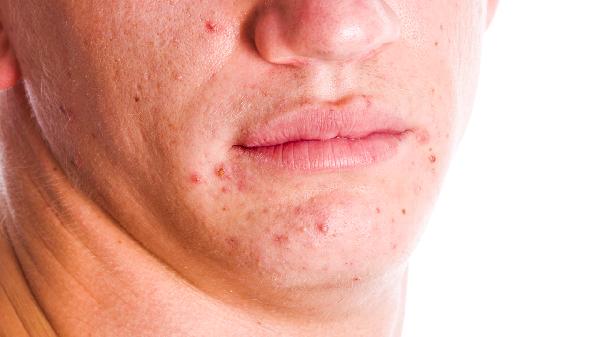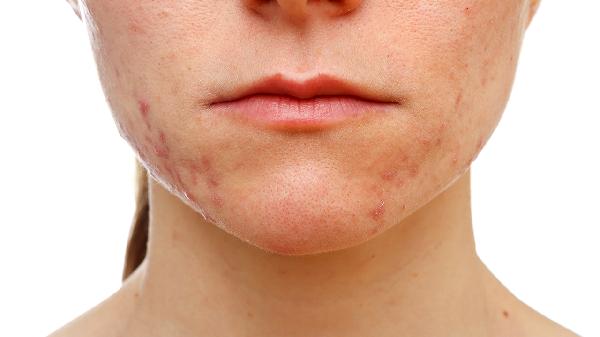Baby food allergies might sound like a tiny "food fight," with the battleground being the baby's stomach. Whenever the baby eats something they shouldn't, their little face might turn into a "red apple," and even more severe reactions could occur. This leaves many new parents flustered and unsure of what to do. Don't worry, today we're going to talk about baby food allergies and help you easily manage this "food fight."

1. Understanding the symptoms of food allergies
The symptoms of baby food allergies are varied, with some being mild and others severe. Common symptoms include skin redness, itching, vomiting, diarrhea, and difficulty breathing. If these symptoms appear after the baby eats a certain food, it's time to be cautious. Sometimes, allergic reactions don't appear immediately but may show up hours later. Therefore, parents should always keep an eye on their baby's physical changes.
2. Identifying the allergen
Finding out which food the baby is allergic to is key. Common allergens include milk, eggs, peanuts, nuts, soy, wheat, fish, and shellfish. You can keep a food diary for the baby to observe which foods cause allergic reactions. If a certain food is suspected to be an allergen, temporarily stop feeding it to the baby and see if the symptoms improve.
3. Seeking medical attention promptly
If the baby shows severe allergic reactions such as difficulty breathing, facial swelling, or loss of consciousness, seek medical attention immediately. The doctor might conduct skin tests or blood tests to identify the specific allergen. With the doctor's guidance, you can better plan the baby's diet to avoid contact with the allergen again.
4. Adjusting the diet
Once the allergen is identified, it's crucial to completely avoid that food in the baby's diet. At the same time, ensure the baby's nutritional balance by supplementing with other foods. For example, if the baby is allergic to milk, soy milk or other plant-based milks can be used as substitutes. If the baby is allergic to eggs, other protein-rich foods like meat or beans can be chosen.
5. Preventive measures
Prevention is better than cure, and this applies to baby food allergies as well. When introducing new foods to the baby, it's recommended to introduce only one new food at a time and observe for a few days to ensure no allergic reaction occurs before introducing the next. Additionally, breastfeeding can reduce the risk of food allergies in babies, as breast milk contains various immune substances that help strengthen the baby's immunity.
6. Educating the baby
As the baby grows, it's important to educate them about their allergies. Teach the baby which foods to avoid, why they should avoid them, and what to do if they accidentally eat an allergen. This way, the baby can better protect themselves at kindergarten or school.
Although baby food allergies can be a headache, with the right methods, we can manage them easily. By understanding the symptoms, identifying the allergen, seeking timely medical attention, adjusting the diet, taking preventive measures, and educating the baby, we can help them stay away from the troubles of food allergies and grow up healthy and happy. Remember, every baby is unique, and finding the method that suits them best is what matters most.
























